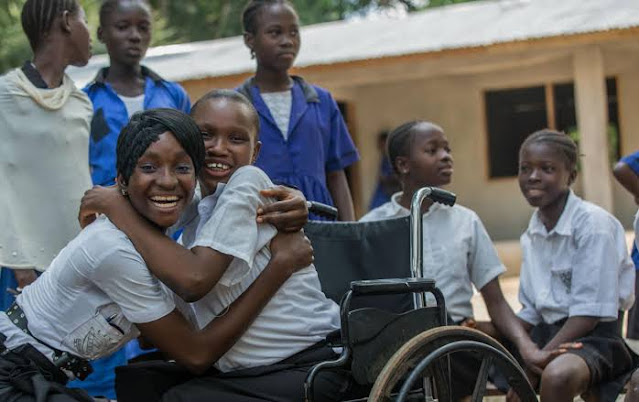Challenges & Solutions To Inclusive Education in Nigeria
Introduction
Inclusive education is a powerful concept that envisions a learning environment where every student, regardless of their background, abilities, or disabilities, has the opportunity to thrive. In Nigeria, the journey towards inclusive education has been marked by significant strides and ongoing challenges. In this blog post, we'll explore the importance of inclusive education in Nigeria, the progress made, and the road ahead.
The Significance of Inclusive Education
Inclusive education is more than just a policy; it's a commitment to diversity, equity, and social justice in the education system. Here's why inclusive education matters in Nigeria:
Equal Opportunity: Inclusive education ensures that every child, regardless of their physical or cognitive abilities, has the right to receive quality education. It promotes equal opportunity for all.
Diverse Perspectives: Inclusion brings together students from various backgrounds, fostering diversity in the classroom. This diversity enriches the learning experience and prepares students for a multicultural world.
Breaking Barriers: Inclusive education breaks down societal barriers and challenges stereotypes about what individuals with disabilities can achieve. It promotes a culture of acceptance and understanding.
Progress in Inclusive Education in Nigeria
Nigeria has taken several steps to promote inclusive education:
- Policy Framework: The Nigerian government has developed policy frameworks, such as the National Policy on Education and the National Policy on Special Needs Education, to promote inclusive education.
- Teacher Training: Efforts have been made to train teachers in inclusive teaching methods, equipping them to address diverse learning needs.
- Awareness Campaigns: Various organizations and advocacy groups have raised awareness about the importance of inclusive education, promoting a more inclusive society.
Challenges and Roadblocks
Despite the progress, several challenges persist:
- Infrastructure: Many schools lack accessible infrastructure, making it difficult for students with disabilities to navigate the campus.
- Teacher Shortages: There is a shortage of qualified special education teachers in Nigeria, particularly in rural areas.
- Stigma: Stigma and misconceptions about disability still exist, hindering the acceptance of inclusive education.
- Lack of Resources: Adequate resources, including assistive technology and learning materials, are often lacking in inclusive classrooms.
The Way Forward
To strengthen inclusive education in Nigeria, several actions can be taken:
- Accessible Infrastructure: Schools should be designed or adapted to be inclusive, with ramps, accessible restrooms, and sensory-friendly spaces.
- Teacher Training: More comprehensive training programs for teachers should be developed, emphasizing inclusive teaching methods.
- Community Engagement: Engaging parents, communities, and advocacy groups in the process can foster acceptance and support for inclusive education.
- Resource Allocation: Adequate resources should be allocated to inclusive classrooms, including assistive technology and learning materials.
Conclusion
Inclusive education is a powerful force for positive change in Nigeria. It promotes equality, diversity, and social inclusion. While challenges exist, the progress made and the ongoing commitment to inclusive education in Nigeria are reasons to be hopeful. With continued dedication, collaboration, and advocacy, Nigeria can create a more inclusive and equitable education system that empowers all students to reach their full potential.
See also:
- How Nigeria Ranks in Africa on Inclusive Education




Comments
Post a Comment